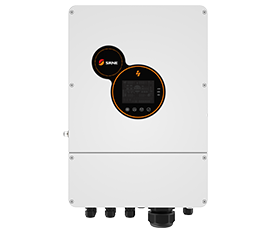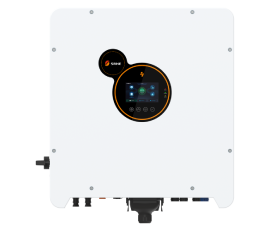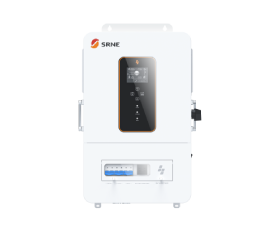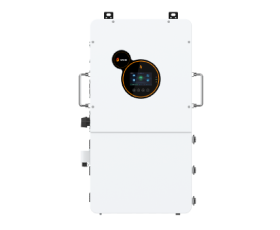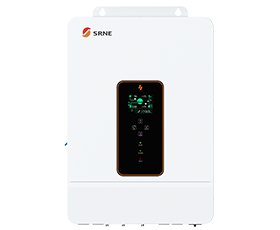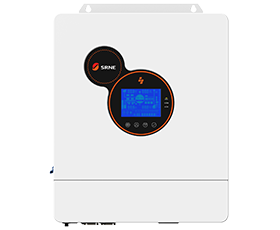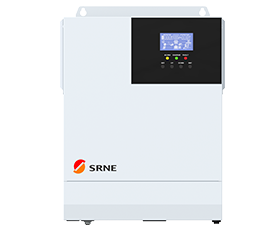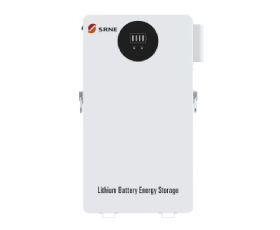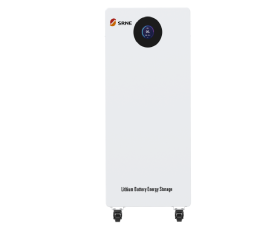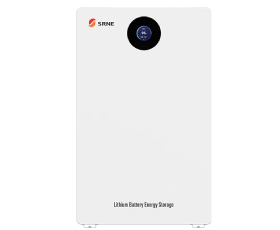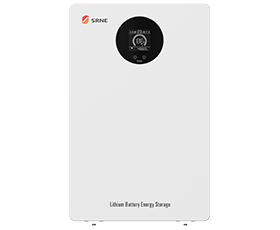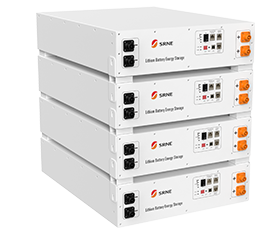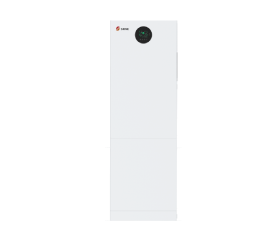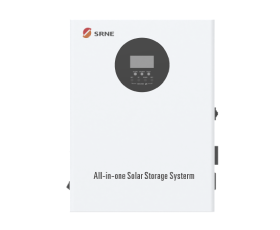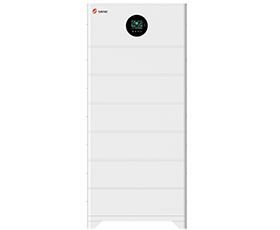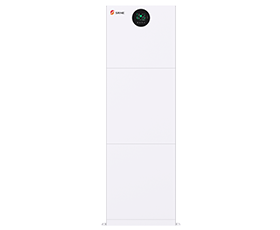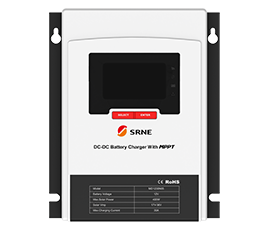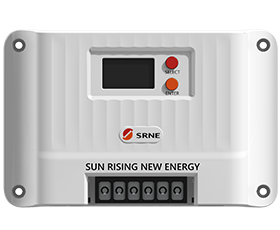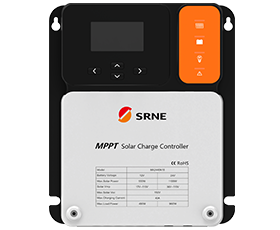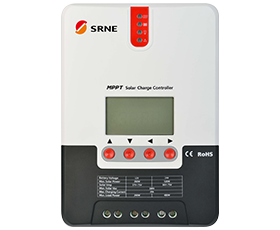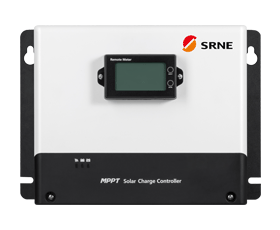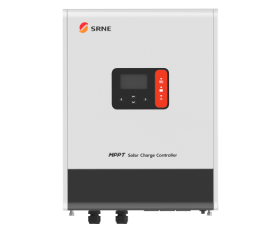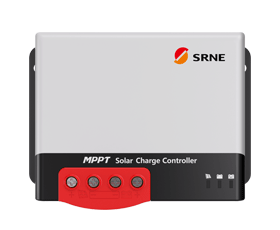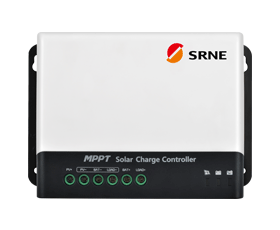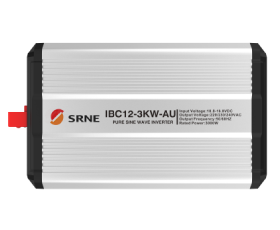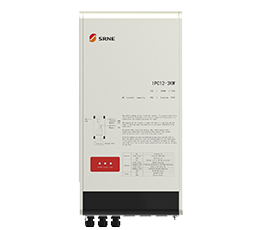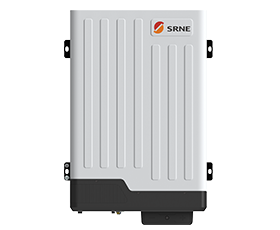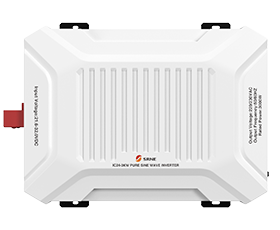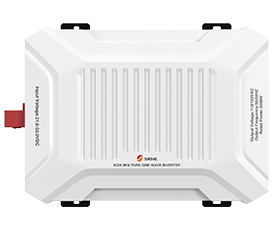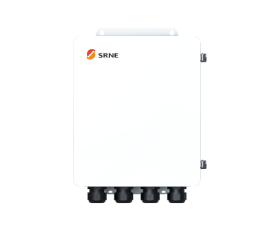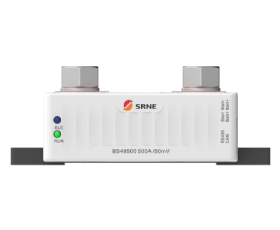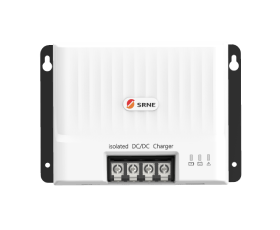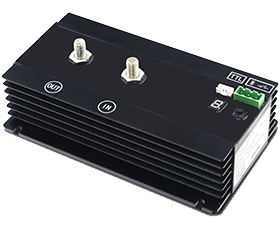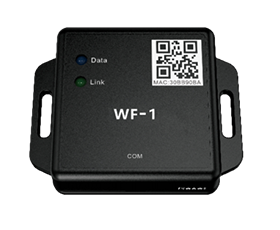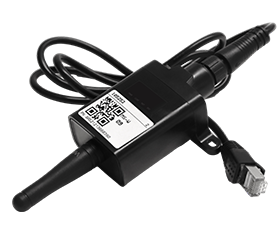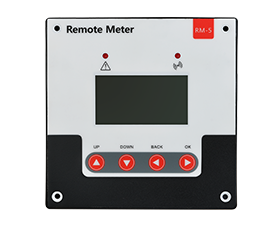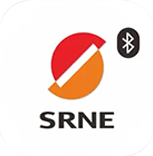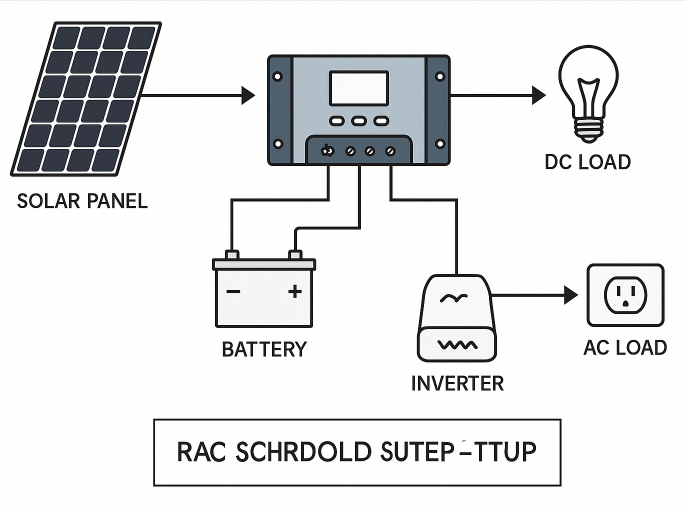The Protection Functions of Solar Inverter
Solar inverter is one of the most important components in the solar power generation system. Solar installers should know the functions and performance of solar inverter well because it will affect the operation of the solar power generation system.
The protection functions are as follows:
Overcurrent Protection
The overcurrent protection should be set on the AC output side of the solar inverter. When a short circuit is detected on the grid side, the solar inverter should stop supplying power to the grid within 0.1 second and issue a warning signal. After the fault is removed, the solar inverter should work normally.
AC / DC Surge Protection
The solar on grid inverter should have lightning-prevention protection function, and the technical index of the lightning protection device should ensure to absorb the expected impact energy.
Polarity Reverse Connection Protection
When the polarity of the PV array is reversed, the solar inverter should be protected without damage. After the polarity is positively connected, the solar inverter should work normally.
Over-temperature Protection
The solar inverter should have over-temperature protection functions, such as too high inner ambient temperature alarm (such as the too high temperature in the case caused by fire), too high temperature of the key components in the machine (such as IGBT, Mosfet and so on).
DC Input Overload Protection
- If the input of the solar inverter does not have the function of limiting power, the protection should be skipped when the input power of the input side of the inverter exceeds 1.1 times of the rated power.
- If the solar inverter input has a power limiting function, when the power output of the PV array exceeds the maximum DC input power allowed by the solar inverter, the inverter automatically limits the current operation to the maximum allowable AC output power.
Anti-islanding Protection
Solar inverters should have reliable and complete unplanned island protection functions. The solar inverter anti-unplanned island function should have both active and passive island detection schemes. If the unplanned islanding effect occurs, the inverter should stop supplying power to the grid within 2s and issue an alarm signal.
Passive island protection: Detect the magnitude, frequency and phase of the grid voltage in a real-time manner. When the grid is out of power, it will generate a hopping signal on the amplitude, frequency and phase parameters of the grid voltage, and the hopping signal will be detected to judge if the grid is out of power or not.
Active island protection: generate small interference signals through the timing of the inverter to observe whether the power grid is affected or not as the judgment basis, such as pulse current injection method, output power change detection method, active frequency offset method and sliding frequency offset method and so on. When the grid has power, the interference has no effect on the frequency of the grid voltage. When the grid is out of power, the interference will cause a large change in the grid voltage frequency, thereby judging whether the grid is out of power or not.
Lightning Protection
the inverter should be equipped with lightning protection device and 6000V surge protection.
An solar inverter with good performance should have complete protection functions to deal with various abnormal situations in the actual use process, so that the solar inverter itself and other parts of the solar power generation system are protected from damage.




















